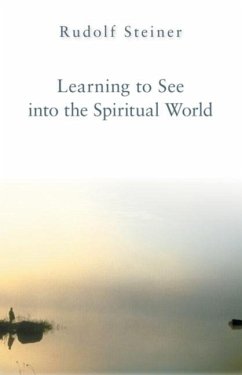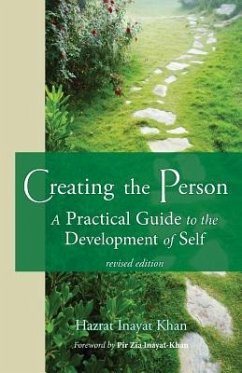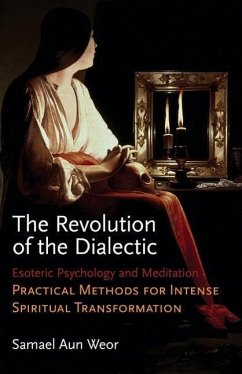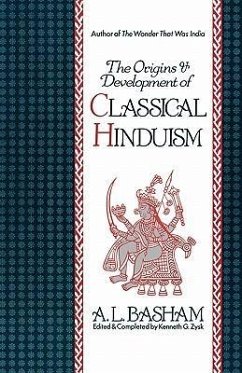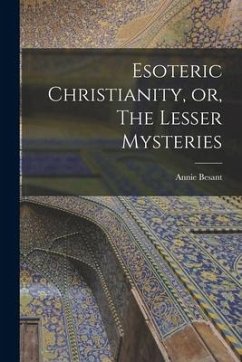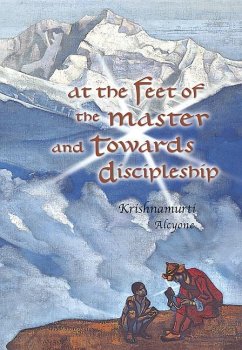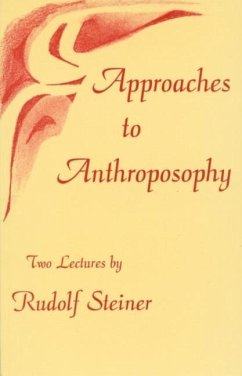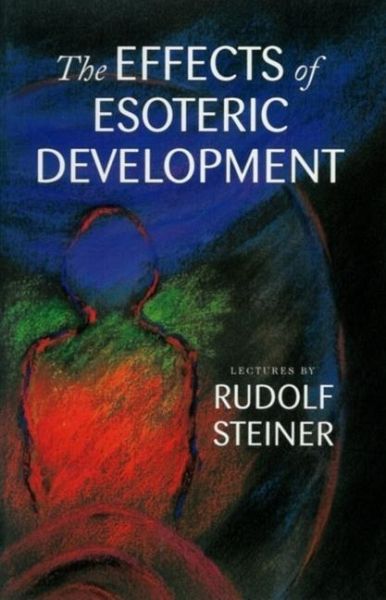
The Effects of Esoteric Development
(Cw 145)
Herausgeber: Gates, Jann W
Versandkostenfrei!
Versandfertig in über 4 Wochen
20,99 €
inkl. MwSt.

PAYBACK Punkte
10 °P sammeln!
On February 3, 1913, the first general meeting of the newly formed Anthroposophical Society was convened in Berlin. Six weeks later in Holland, Rudolf Steiner spoke for the first time as an anthroposophist in a detailed, intimate way of the esoteric schooling of the individual human being in earthly life -- hence the fundamental importance of these lectures on anthroposophical inner development. Steiner deals here with the subtle effects of spiritual development at every level of the human being. Beginning with straightforward questions relating to the body's experience of food -- meat, coffee...
On February 3, 1913, the first general meeting of the newly formed Anthroposophical Society was convened in Berlin. Six weeks later in Holland, Rudolf Steiner spoke for the first time as an anthroposophist in a detailed, intimate way of the esoteric schooling of the individual human being in earthly life -- hence the fundamental importance of these lectures on anthroposophical inner development. Steiner deals here with the subtle effects of spiritual development at every level of the human being. Beginning with straightforward questions relating to the body's experience of food -- meat, coffee, alcohol, and so forth -- he unfolds the universe of spiritual striving until it includes direct perception of Paradise and the Holy Grail, and the role of the human being evolving between the forces of Lucifer and Ahriman. Included as a prologue is Steiner's crucial lecture on "The Being of Anthroposophy, " which has never before appeared in English. This edition also includes Steiner's "introductory words, " previousl available only in German typescript.




